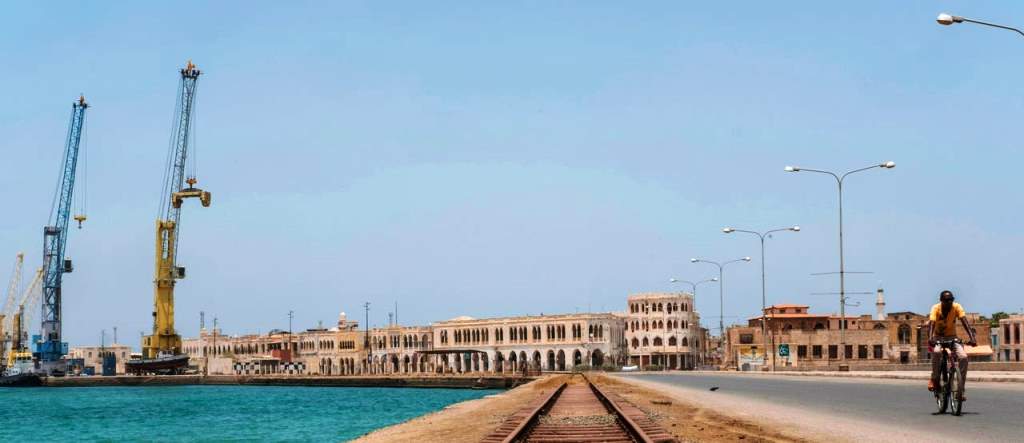People are jailed in cellars of houses, a network of informers has destroyed trust between people and hundreds of thousands have fled. A rare visit to the ‘North Korea of Africa’
ASMARA, Eritrea – The streets in the city center are spotless. There’s very little traffic, people walk in the center of the road, no one honks. Asmara, the capital of Eritrea, appears to be one of the loveliest and most pleasant cities in Africa. Orderly and quiet, the place seems like a sort of souvenir from the 20th century. As in Cuba, the cars are mostly old, from the 1960s and ‘70s. The many VW Beetles stand out. Italian architectural gems evoke the pre-World War II colonial period.
A stranger visiting the city won’t sense that anything is amiss. Outwardly, nothing suggests that this is one of the most insular dictatorships in the world, the North Korea of Africa. President Isaias Afwerki has ruled the country with an iron hand for 25 years. In Afwerki’s Eritrea, men serve in the army from age 17 until as late as age 50. Until recently, soldiers deployed along the borders were under orders to shoot anyone trying to flee to one of the neighboring countries. And throughout Eritrea, citizens are entangled in an extensive government-run network of informers: Students betray friends who have deserted the army; housewives inform on neighbors who criticize the regime and so on.
But there’s no hint of any of this in the streets. The only indication that life here is, after all, not as good as it may seem, is the lack of material goods. In the stores and markets I encounter the same products time and again. Bananas, toilet paper, mineral water. There are few clothing stores. Some fruits and vegetables are available in the main market, and old spare parts from cars and other items are on display on sidewalks, but there’s no doubt that in comparison to other cities in Africa, the range of products for sale is limited. With insularity comes dearth.
Read more on haaretz.com




